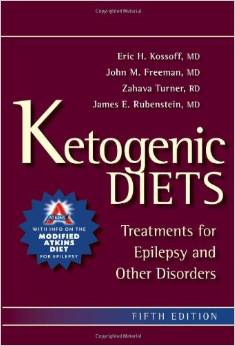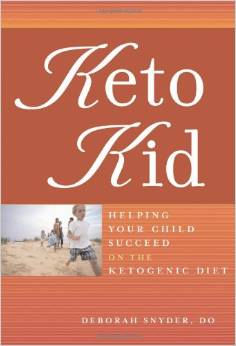By Ellen Sviland Avery, MS, RD, LD, CNSC
As many of you know, the ketogenic diet is a very high fat, moderate protein and low carbohydrate diet. Since carbohydrates are limited, this can also limit an important nutrient in the diet: fiber. In today’s KetoConnect post, registered dietitian Ellen Sviland Avery answers your questions about fiber and why it’s important for children on the ketogenic diet for epilepsy.
Why is fiber important?
Fiber is important in a healthy diet to maintain gut health. It is recommended that children older than 2 years of age consume a minimum amount of dietary fiber equivalent to their age plus 5 grams of fiber per day. For example, a 4-year old child should consume at least 9 g of fiber per day (4+5=9). A safe range of dietary fiber intake for children is suggested to be their age plus between 5-10 grams of fiber per day. 1 Research has also shown that up to 55% of children don’t meet fiber needs with an oral diet. 2,3
How does this affect my child on the ketogenic diet?
As previously stated, fiber may be limited in the ketogenic diet. Fiber is primarily found in fruits, vegetables and grain products. Due to the low carbohydrate intake of the ketogenic diet, these foods are typically consumed in small quantities, limiting the amount of fiber consumed. Because of the lack of fiber and bulk in the diet, constipation is a common side effect. 4,5 Gastrointestinal symptoms, especially constipation, are seen in ¾ of all ketogenic diet patients.6
So how do I improve these side effects?
To help prevent or alleviate constipation with the ketogenic diet, talk to your child’s doctor or dietitian to ensure your child is receiving adequate fiber and fluid. Speak with the dietitian about foods that may be higher in fiber that will fit in your child’s ketogenic ratio. Sometimes just increasing the amount of fiber consumed by small amounts will help with constipation. If needed, the doctor or dietitian may also prescribe a fiber supplement or even a carbohydrate-free laxative. Do not give your child any laxative without first consulting with the medical team.
How can KetoCal help with fiber needs?
KetoCal 4:1 contains fiber to help meet your child’s fiber needs while on the ketogenic diet. One drink box of KetoCal 4:1 LQ contains 2.6 g fiber. The great thing about the fiber found in KetoCal is that it comes from a patented blend of six different types of fibers, rather than just one type. This helps to better resemble the blend of fiber one would get from eating a healthy diet. Talk to your dietitian to see how KetoCal fits into your child’s meal plan!
-Ellen
- Williams CL, Bollella M, Wynder EL. A new recommendation for dietary fiber in childhood. Pediatrics. 1995;96(5 Pt 2):985-8.
- Butte NF, Fox MK, Briefel RR, et al. Nutrient Intakes of US Infants, Toddlers, and Preschoolers Meet or Exceed Dietary Reference Intakes. Journal of the American Dietetic Association. 2012;110(12):S27-s37.
- Hampl JS, Betts NM, Benes BA. The ‘age+5’ rule: comparisons of dietary fiber intake among 4- to 10-year-old children. J Am Diet Assoc. 1998;98(12):1418-23.
- Dahl WJ, Niebergall EJ, Owen RJ. Implications of fiber inadequacy in the ketogenic diet: a case study. ICAN: Infant, Child, & Adolescent Nutrition. 2011;3(5):3.
- Kossoff EH, Zupec-Kania BA, Amark PE, et al. Optimal clinical management of children receiving the ketogenic diet: recommendations of the International Ketogenic Diet Study Group. Epilepsia. 2009;50(2):304-17.
- Bergqvist AG. Long-term monitoring of the ketogenic diet: Do’s and Don’ts. Epilepsy Res. 2012;100(3):261-6.
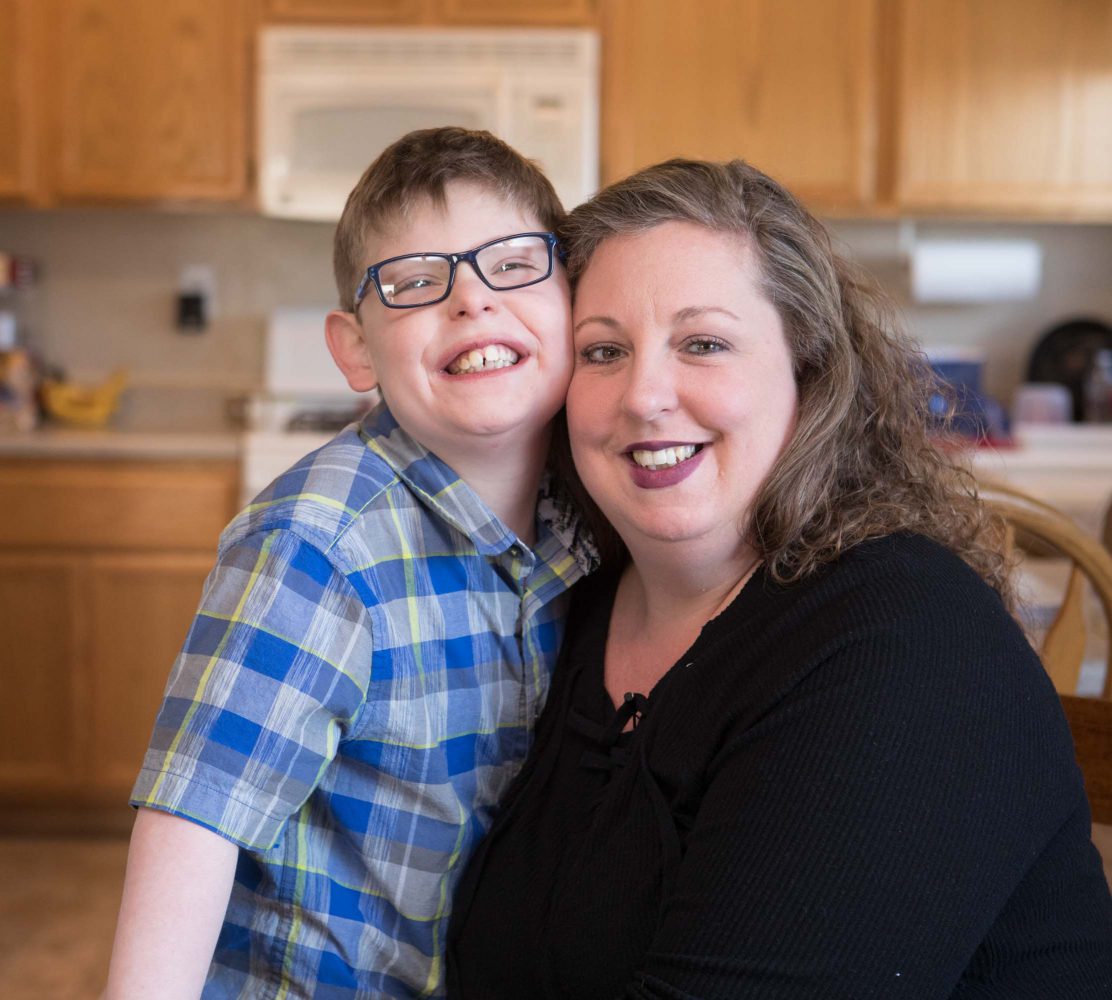
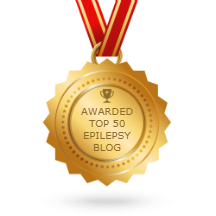
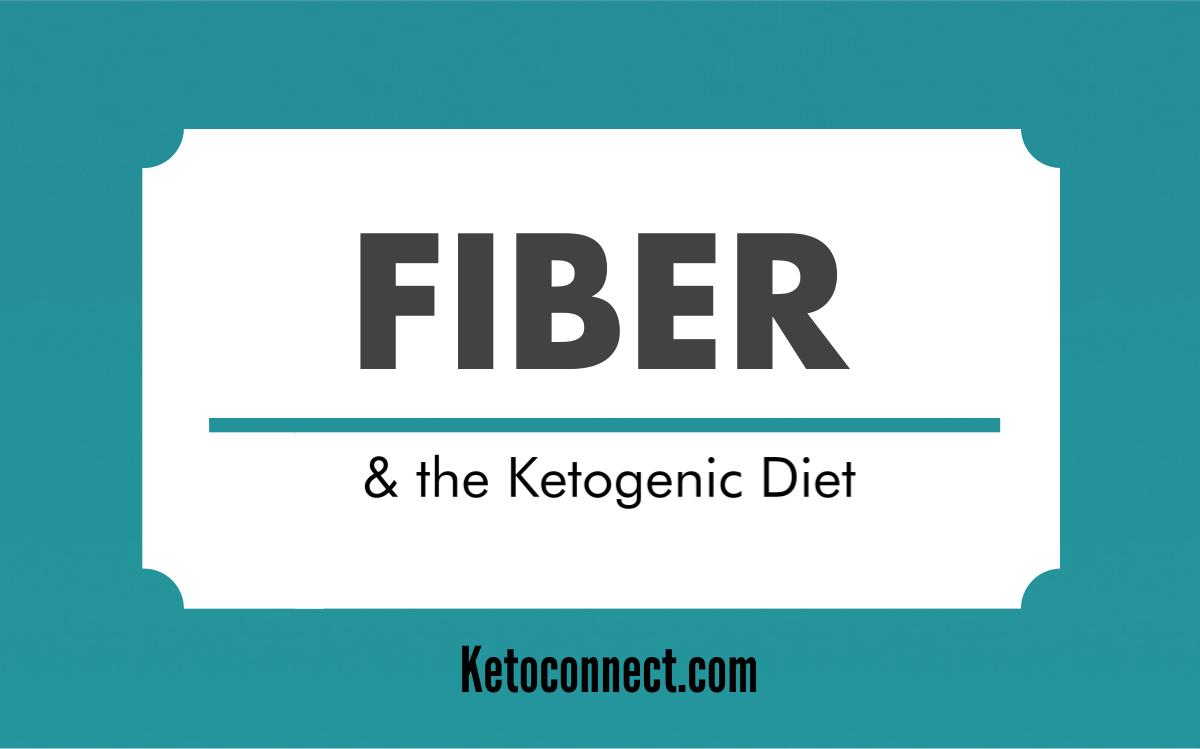
 Follow
Follow